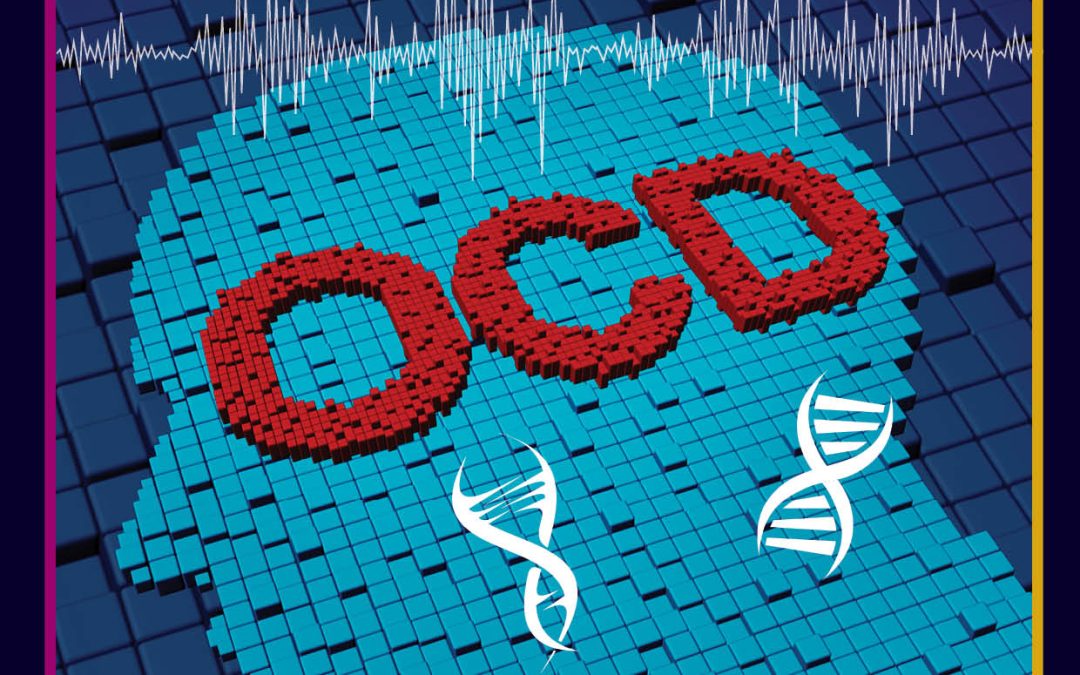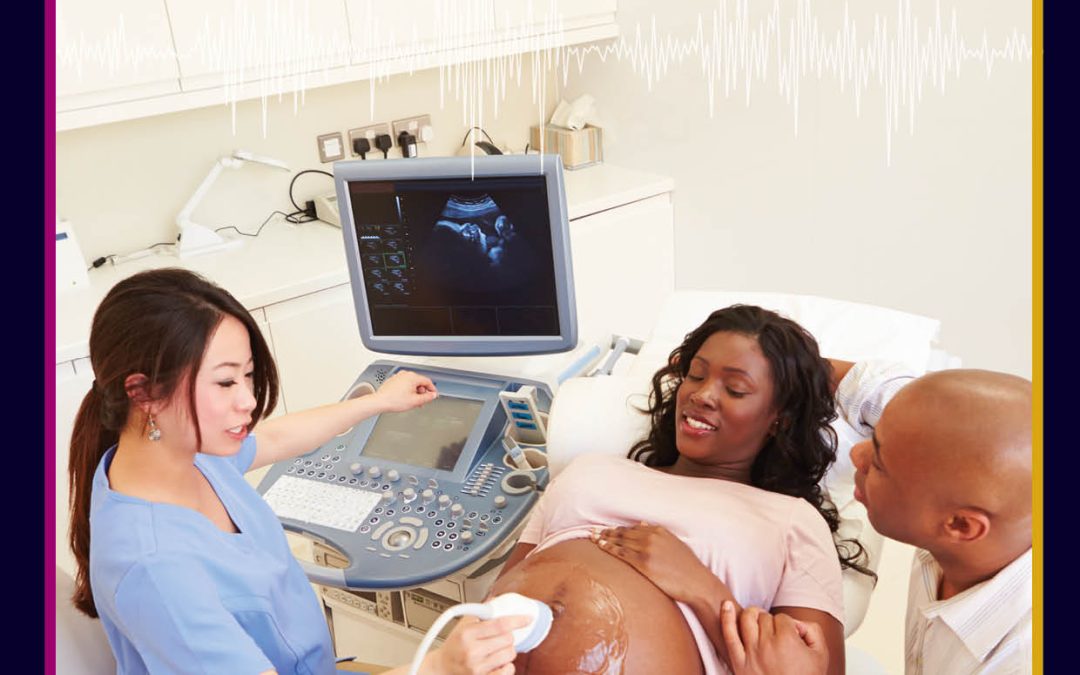
by admin | Apr 21, 2022 | biology, health and medicine, social and behavioural sciences
Stress produces numerous negative effects on the human body. Lying deep within the brain, one particularly sensitive area is the hippocampus, where chronic exposure to stress hormones can lead to the degeneration and death of neurons. Thankfully, the brain holds defence mechanisms that block some of these negative effects. Deciphering these mechanisms with the aim of better treating neurodegenerative diseases and depression is Dr Y. Peng Loh from the Eunice Kennedy Shriver National Institute of Child Health and Human Development in the USA.

by admin | Apr 13, 2022 | health and medicine, trending
Although obsessive-compulsive disorder (OCD) is a commonly occurring psychiatric disorder, the underlying genetic basis has until recently, remained poorly defined. Drs Christie Burton, Jennifer Crosbie, and Russell Schachar at The Hospital for Sick Children (SickKids) in Toronto, Canada, and Dr. Paul Arnold at the University of Calgary and The Mathison Centre for Mental Health Research & Education and their extensive network of collaborators conducted a genome-wide association study to address this key gap. These researchers are the first to empirically demonstrate that OCD and obsessive-compulsive traits have a shared genetic risk, and start to pinpoint the genetic basis of this.

by admin | Apr 13, 2022 | engineering and tech, health and medicine, trending
Medical professionals require years of training before they can describe ultrasound images of developing foetuses. Dr Mohammad Alsharid and colleagues from the Institute of Biomedical Engineering and Nuffield Department of Women’s and Reproductive Health at the University of Oxford suggest that this task could one day be carried out by machine learning algorithms. In their latest study, the team showed how neural networks, trained by the expert knowledge of real sonographers, could convert subtle features within the images into accurate, readable captions.

by admin | Apr 4, 2022 | health and medicine, trending
Peer review is a key component in the determination of funding allocation, especially within the science and technology sectors. However, the literature evaluating this process is sparse, often focusing on outcomes rather than the methodology. Dr Tiffani Conner and her colleagues from Oak Ridge Associated Universities in the USA have researched which specific skills are most desirable in a reviewer and how these can be enhanced, whilst also evaluating the impact of review format.

by admin | Apr 4, 2022 | health and medicine, health and medicine animated, research animated
Preterm birth refers to the birth of a baby before 37 weeks of completed gestation. An estimated 15 million babies are born prematurely each year and sadly, this prevalence is rising. Approximately 1 million die as a result of premature birth, and those who survive are at risk of lifelong disabilities. Dr Buxton and his team at the University of Nevada, Reno, are studying the role of the smooth muscle of the uterus to elucidate its role in preterm labour and birth.

by admin | Mar 30, 2022 | health and medicine
There is an urgent need for prognostic tools that can accurately predict the outcomes of patients undergoing treatment for breast cancer. Dr Fatima Rehman and her colleagues investigated the relationship between breast cancer prognosis and the secretion of a biological marker called Galectin-3 to drive forward the development of optimised treatment regimes. This work was conducted at Shaukat Khanum Memorial Cancer Hospital and Research Centre in Pakistan.






